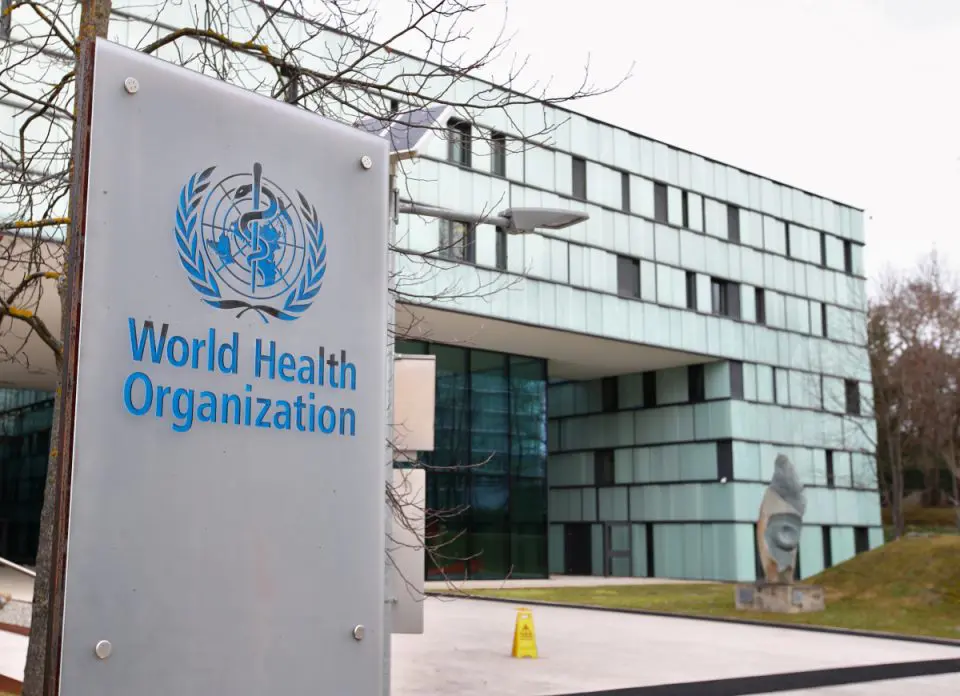GENEVA, May 14 — A new report released by the World Health Organisation (WHO) on Wednesday shone a light on inequality, which the head of the WHO described as being one of the key drivers of the current Covid-19 pandemic, reported Xinhua news agency.
WHO Director-General Tedros Adhanom Ghebreyesus said during an online press conference that based on the information contained in the report, the world has not done enough to deliver on the promise of health for all.
Tedros cited the report as saying that globally in 2020, approximately one billion people spend at least 10 per cent of their household budgets on health care; over 55 per cent of countries have fewer than 40 nursing and midwifery personnel per 10,000 people, and the world now risks backsliding on child immunisation.
“The report reflects that the rate of progress is too slow to meet the Sustainable Development Goals and will be further thrown off track by Covid-19,” Tedros said.
However, the WHO chief also cited the new report as saying that there is good news too, among which is that people around the world live longer and healthier lives overall.
“The biggest gains were reported in low-income countries, which saw life expectancy rise by more than a fifth since the turn of the millennium,” he said, adding that better maternal and child healthcare has led to the halving of child mortality since 2000.
The WHO on Wednesday released “2020 World Health Statistics,” an annual check-up on the world’s health.
According to the new report, life expectancy and healthy life expectancy have increased in the world, albeit unequally.
At the same time, however, only between one third and one half the world’s population was able to access essential health services in 2017. Health service coverage in low and middle-income countries remained well below that in wealthier ones.
In 2017, the report said, two in five households globally lacked basic handwashing facilities (soap and water).
According to the WHO chief, the major issues covered in the report will be discussed in detail during the World Health Assembly next week.
“We have a once in a lifetime opportunity to prove that the world is more than just a collection of individual countries with colourful flags,” Tedros said.
— Bernama





